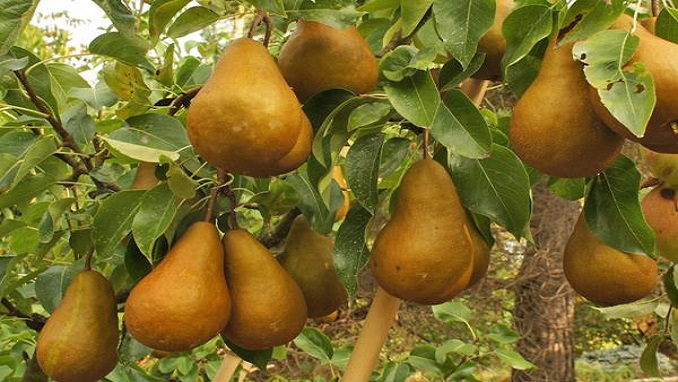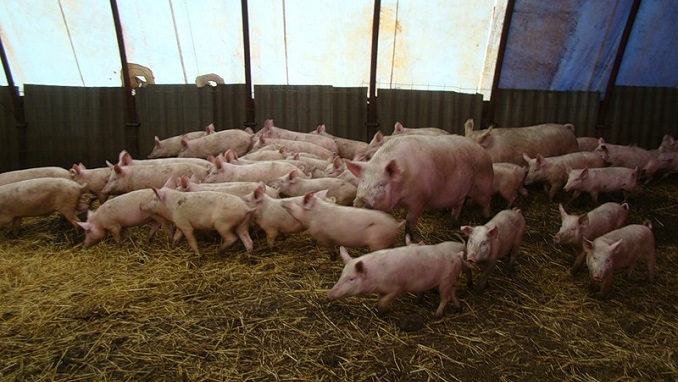The WTO and the UN Food and Agriculture Organization (FAO) released a research paper earlier this week that examined the present volatility in the fertilizer market and its effects on agricultural productivity.
The paper presents policy proposals for G20 nations and calls for immediate action to address the fertilizer problem, underlining the significance of maintaining an open fertilizer market to fulfill global demand and prevent a catastrophe in the food supply.
According to the report titled “Global fertilizer markets and policies: a joint FAO/WTO mapping exercise,” factors including the Ukraine conflict, rising inflation, disruptions in supply chains and the global economic slowdown have caused fertilizers and agricultural goods to become more expensive and scarce in many nations.
The report also examines the actions taken by WTO members on fertilizers in the period from January 2021 to mid-October 2022, as well as how they affected the world fertilizer market. According to the report, during this time period, 19 WTO members enacted 41 fertilizer-related measures, 75% of which took the form of trade policy measures.
The analysis reveals that rising tariffs and domestic subsidies have further pushed up international fertilizer prices, especially after late 2021, and that export-restrictive policies made up as much as 41% of all fertilizer-related measures.
The research calls on the G20 governments to use all viable policy measures to address the fertilizer issue, highlighting the necessity to make “every effort” to maintain free fertilizer commerce so that supplies may reach the nations that need them the most.
The research advises the G20 states to avoid impeding fertilizer commerce, especially by refraining from export restrictions that aren’t compliant with WTO regulations and to maintain the markets for food, feed, and fertilizer open.
It emphasizes the necessity of ensuring that the most vulnerable nations have access to fertilizers, particularly through the mobilization of international financial support and the use of risk management mechanisms like fertilizer contract swaps to protect against extremely volatile price levels.
Additionally, it emphasizes the necessity of greater market and policy openness through timely and comprehensive WTO trade measure notifications by G20 countries, as well as improved data and policy monitoring at the FAO and through the G20 Agriculture Market Information System (AMIS).
The report also suggests developing sustainable and resilient food systems, increasing the use of precision farming techniques, enhancing soil fertility, and speeding innovation for more effective fertilizer usage.



